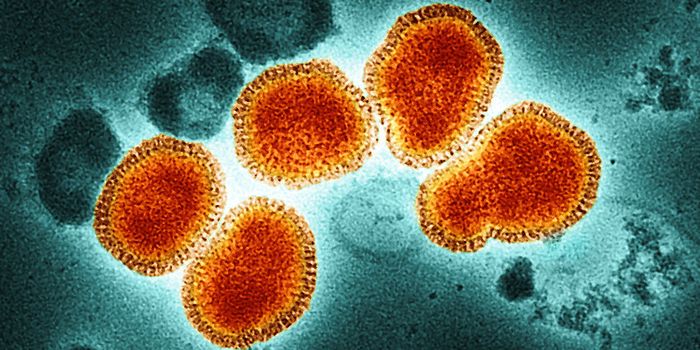Coffee is Associated with Increased Longevity
According to new research published in the European Journal of Preventive Cardiology, drinking 2–3 cups of coffee per day is associated with a longer lifespan and lower risk of developing cardiovascular disease.
Other recent studies have associated drinking coffee with health benefits, and the goal of this study was to determine whether decaffeinated, ground, and instant coffee all confer the same benefits. The study included almost 450,000 participants from the UK Biobank and followed them for an average of 12.5 years. Participants filled out a survey to determine their average coffee intake per day and their preferred type of coffee. Coffee consumption was divided into six categories: 0, <1, 1, 2–3, 4–5, and >5 cups/day. The researchers then measured the rates of death among participants and the development of cardiovascular disease over the 12.5-year follow-up.
Compared to drinking no coffee, drinking any of the three types of coffee (instant, ground, or decaffeinated) was associated with a significantly lower risk of developing cardiovascular disease. For all three types, the lowest risk occurred at 2–3 cups per day. Similarly, all three types of coffee were associated with a significantly lower risk of premature death from any cause, and the maximum benefits also occurred at 2–3 cups per day. However, only ground and instant coffee lowered the risk of developing arrhythmia compared to drinking no coffee, with the lowest risk at 2–3 cups per day for instant coffee and 4–5 cups per day for ground coffee.
The authors noted that while caffeine is the most well-known component of coffee, it is likely that the other biologically active components of coffee are the reason for increased longevity and decreased rates of cardiovascular disease.
Sources: European Journal of Preventive Cardiology, Science Daily








